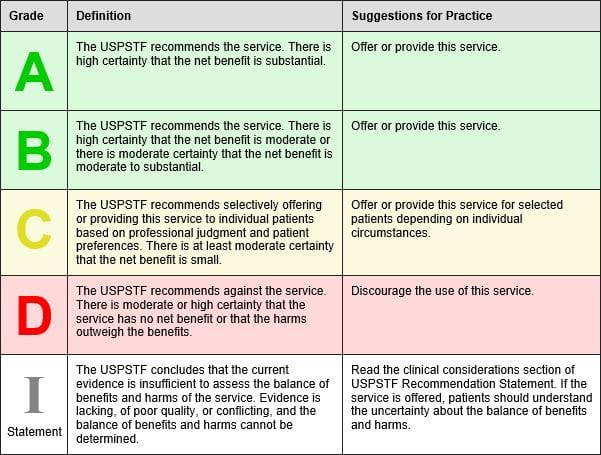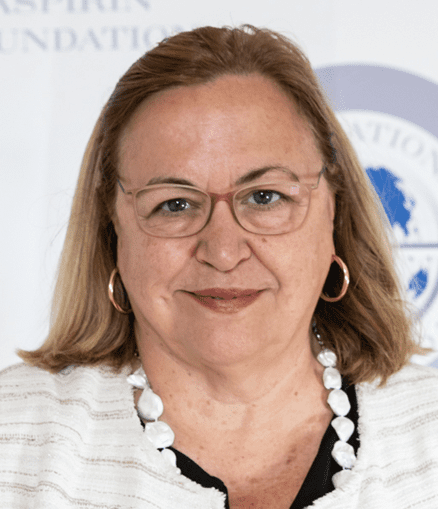Summary of cancer guidelines
May 2021
The purpose of this document is to keep a working list of international guidelines with information on aspirin and cancer prevention. The guidelines themselves should be read for further information.
UK GUIDELINES
Primary prevention of colorectal cancer/all GI cancers
NICE NG151 Colorectal cancer guidelines recommend daily aspirin for 2 years or more to help prevent colorectal cancer in people with Lynch syndrome
https://www.nice.org.uk/guidance/ng151/resources/colorectal-cancer-pdf-66141835244485
The guidance explains that this is an off-label use of aspirin, they do not make a recommendation on exact dose as work is ongoing to establish this however, they observe that commonly used doses of aspirin in current practice are 150 mg or 300 mg. Further information on the recommendation explains that the multi-country randomised controlled trial used 600 mg of aspirin daily for more than 2 years. Further information on the NICE evidence review for aspirin use in the prevention of colorectal cancer in people with Lynch syndrome can be found at:
https://www.nice.org.uk/guidance/ng151/evidence/a1-effectiveness-of-aspirin-in-the-prevention-of-colorectal-cancer-in-people-with-lynch-syndrome-pdf-7029391214
In order to help people with Lynch syndrome decide if they would like to take daily aspirin to help reduce the chance of developing bowel cancer NICE have produced a patient decision aid.
https://www.nice.org.uk/guidance/ng151/resources/user-guide-and-data-sources-pdf-8834927870
USA GUIDELINES
Primary prevention of colorectal cancer/all GI cancers
The U.S. Preventative Services Task Force (USPSTF) was created in 1984 and is an independent, volunteer panel of national experts in preventative and evidence-based medicine. They use the following to grade their recommendations:

The USPSTF April 2016 recommends low-dose aspirin to prevent cardiovascular disease and colorectal cancer in the following groups:
Grade B Adults age 50 to 59 years with a 10 year CVD risk of greater than 10% who are not at increased risk for bleeding, have a life expectancy of at least 10 years and are willing to take low-dose aspirin for at least 10 years.
Grade C Adults age 60 to 69 years with a 10 year CVD risk of greater than 10% should consider their individual risks versus benefits of long term low dose aspirin. Those who are not at risk of bleeding, have a life expectancy of at least 10 years and are willing to take low-dose aspirin for at least 10 years are more likely to benefit.
“Persons who place a higher value on the potential benefits than the potential harms may choose to initiate low-dose aspirin.”
The USPSTF state that there is insufficient current evidence to assess the balance of benefits versus harms of initiating aspirin for primary prevention of CVD and CRC in adults younger than 50 years or 70 years or older. (Grade I).
For more information see:
The USPSTF is currently commissioning an update to its guidance on aspirin and primary prevention. More information can be found at:











